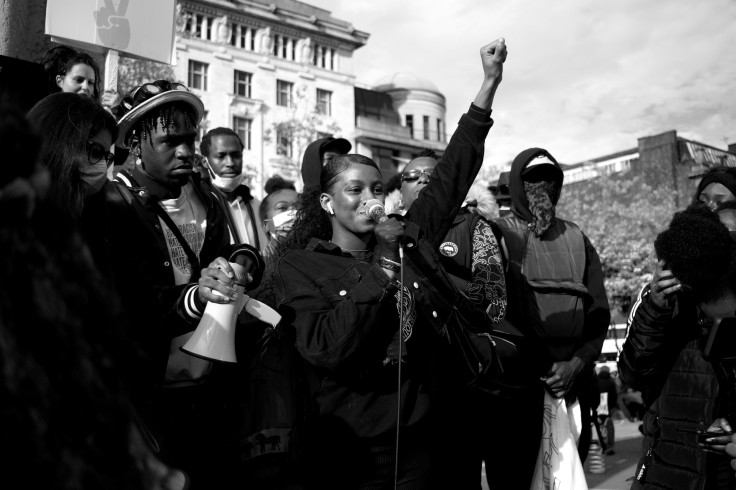
Assata Shakur, the most infamous woman ever to appear on the FBI's Most Wanted list and a figure who embodied both defiance and division in American history, has died in Havana at the age of 78.
Her death on Friday, 25 September, was confirmed by Cuba's Ministry of Foreign Affairs, which cited complications of age. Convicted in the 1977 killing of a New Jersey state trooper and sentenced to life, Shakur's daring 1979 prison escape and flight to Cuba turned her into an international symbol of rebellion.
For more than four decades she lived in exile, celebrated by some as a revolutionary and condemned by others as a murderer.
News of her passing has reignited fierce debate over her controversial legacy, her real ties to rapper Tupac Shakur, and the turbulent case that made her one of the most notorious fugitives of the 20th century.
Early Life and Rise to Activism
Born Joanne Deborah Byron in Queens, New York, in 1947, Assata Shakur became politically active during the 1960s civil rights era. She joined the Black Panther Party and later the Black Liberation Army, groups advocating Black empowerment and resistance against systemic racism.
Shakur's activism coincided with a period of intense government surveillance through the FBI's COINTELPRO programme, which targeted Black activists and radical groups across the United States.
Her growing prominence in the Black liberation movement placed her under constant watch, with authorities accusing her of involvement in armed robberies and assaults linked to revolutionary organisations.
Assata Shakur has passed away at age 78 in Havana, Cuba, according to Cuba’s Ministry of Foreign Affairs.
— The FADER (@thefader) September 26, 2025
Shakur was a prominent political activist, known for her involvement with the Black Panther Party and the Black Liberation Army. In 1973 Shakur was convicted of killing a… pic.twitter.com/sUhntfMtfB
The 1973 New Jersey Turnpike Shootout
On 2 May 1973, Shakur was travelling with two members of the Black Liberation Army when their vehicle was stopped by police on the New Jersey Turnpike. A confrontation escalated into a shootout that left State Trooper Werner Foerster and BLA member Zayd Malik Shakur dead. Assata Shakur was wounded and arrested at the scene.
In 1977, she was convicted of first-degree murder and several related charges. Prosecutors claimed she fired the fatal shots, while her defence argued she was unarmed and had been shot with her hands raised.
Forensic reports later revealed no gunpowder residue on her hands, adding to the case's controversy. Despite claims of an unfair trial, Shakur was sentenced to life imprisonment in a New Jersey facility.
Escape and Political Asylum in Cuba
In November 1979, Shakur escaped prison with the assistance of armed associates from the Black Liberation Army and the May 19th Communist Organisation. After several years in hiding, she surfaced in Cuba, where she was granted political asylum by the Cuban government in 1984. She lived there under the name Assata Olugbala Shakur and became an outspoken critic of US racial policies and political repression.
In 2013, the FBI added her to its Most Wanted Terrorists list, reportedly the first woman to receive that designation, offering a $2 million (£1.49 million) reward for her capture, according to CNN. Cuba repeatedly refused extradition requests, describing her as a political refugee.
Her Real Connection to Tupac Shakur
Following news of her death, many online users mistakenly identified Assata Shakur as Tupac Shakur's mother. In fact, she was the rapper's godmother. Tupac's actual mother was Afeni Shakur, a fellow member of the Black Panther Party and a close ally of Assata.
Their shared activism during the 1960s and 1970s deeply influenced Tupac's political views and his music, which often referenced systemic injustice and Black empowerment.
Mixed Reactions to Her Death
Reactions to Shakur's death remain divided. Supporters view her as a symbol of resistance against racial oppression, while critics see her as a convicted fugitive who evaded justice. Law enforcement groups continue to honour Trooper Foerster's memory, while civil rights advocates highlight Shakur's case as a reflection of the racial and political tensions of 20th-century America.







